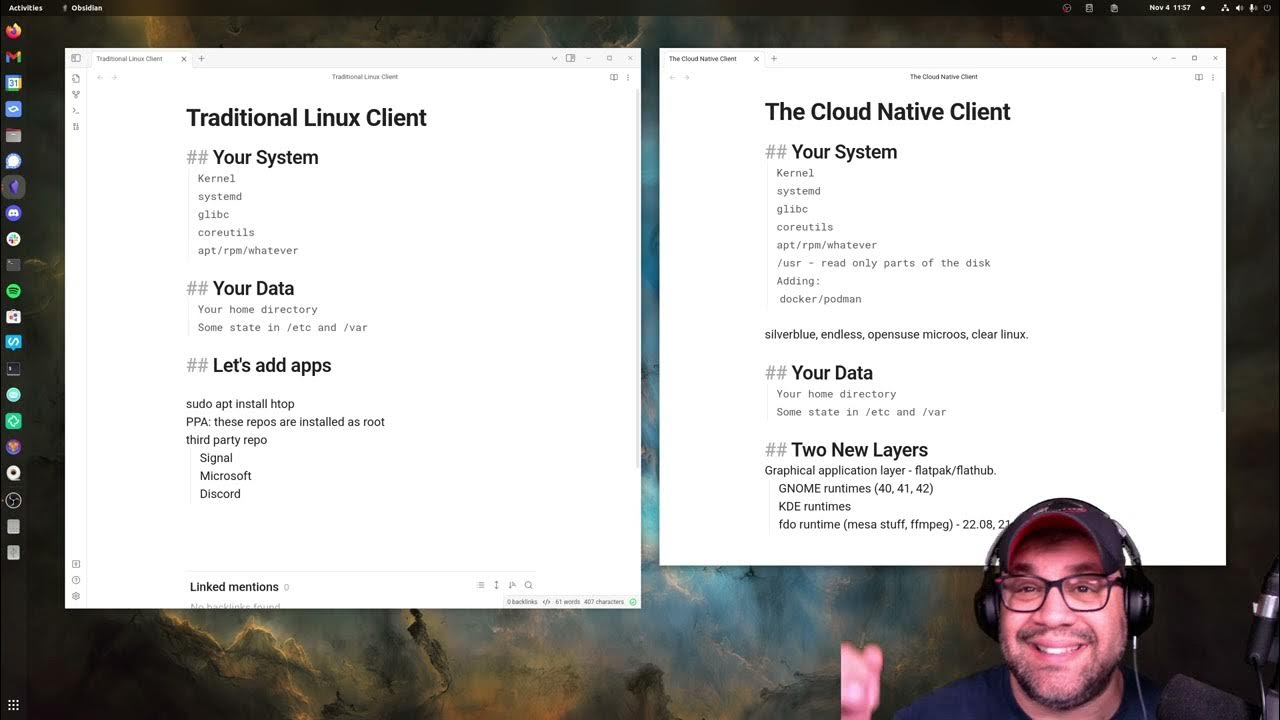GNU/Lisp Enthusiast!
Fediverse @lemmy.world Movim: Building a Decentralized Social Network on XMPP
Linux @lemmy.world The 64-bit Hurd is Here! (On Guix)
Linux @lemmy.world Mini Documentary about the XZ Utils Fiasco
Selfhosted @lemmy.world How to Use Local IP for Services when at Home?
Videos @lemmy.world Ikea
Metal @lemmy.world Castle Rat - Fresh Fur
Doom Metal @lemmy.world Castle Rat - Fresh Fur
Programming @programming.dev What Might Functional Programming Mean
Linux @lemmy.ml Guix on the Framework 13 (AMD)
Linux @lemmy.world Guix on the Framework 13 (AMD)
Guix @lemmy.ml Guix on the Framework 13 (AMD)
Selfhosted @lemmy.world Products vs Protocols: What Signal Got Right (Snikket/Prosody Dev)
Unixporn @lemmy.ml GNU/LiSP
Linux @lemmy.ml Everyday Use of GNU Guix
Linux @lemmy.ml The Cloud Native Linux Desktop Model (e.g. Silverblue)
Unixporn @lemmy.ml My Comfy GNU/Lisp Machine








Use Guix/Nix, have your cake and eat it